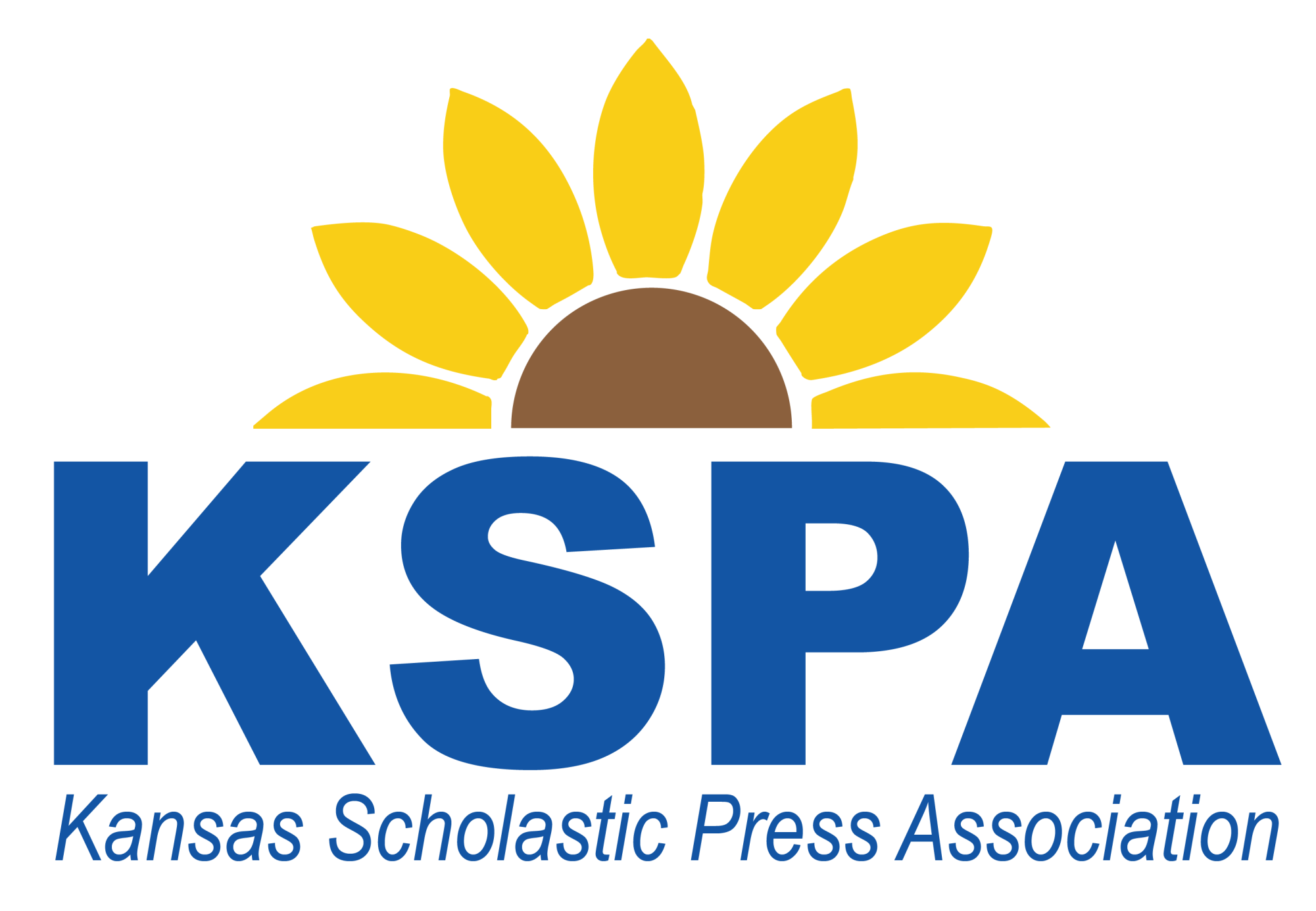A quick perusal of the Student Press Law Center’s summer stories reminds us all of the thin line between love and hate when it comes to a community’s relationship with its high school yearbook staff and adviser.
Check out these two dandies:
- Illinois: “Students disciplined over beer photo in yearbook” and
- Ohio: “Student apologizes after hiding profanity on cover of high school yearbook”
The first tells the story of pages that had been approved for publication, then changed at the last minute to include a photo of a female student clutching a beer, highlighting the dangers of unsecured files and servers.
The second — despite its “Turn me on, dead man” hidden-meaning obscurity — is a cautionary tale about a student caught up in petty rivalries who did something the student later deeply regretted. The student’s apology says all you need to know about the lessons the student chose not to heed.
While these stories highlight only the most superficial problems for a publication, those superficialities are what can cause the most problems. Now is the time to sit down with your staff and discuss the following:
- How does Kansas’ student free expression law guarantee students’ First Amendment rights?
- How will you make sure your staff understands the difference between their rights and their responsibilities as journalists and members of their community?
- How will they handle that delicate balancing act?
- If students choose to include controversial content, what will the ensuing storm feel like for them, and is the story or art really worth the heat?
- How will you manage your work flow to make sure students who are making the decisions are making the most ethical, thoughtful decisions they can?
If you take a chance to look at the stories this summer on the SPLC’s site, the preponderance seem to focus on the seemingly ever-present tension between school administrators and the staffs and advisers of the school newspaper. The kinds of issues brought up in those stories are deeply divisive at times, and never easily resolved.
But yearbooks, too, have run into trouble in recent years when they’ve sought to write more deeply and more thoughtfully than an administrator has expected.
So make sure you’re not waiting until it’s too late to talk to your students about the most important lesson they’ll learn as journalists: their responsibilities, as well as the rights accorded them by the First Amendment.
Next week, we’ll have a podcast interview with former KSPA Executive Director John Hudnall that will answer some of those questions for you. John also will present a session at the Hays Fall Conference, Sept. 21, in which he will address this topic.


